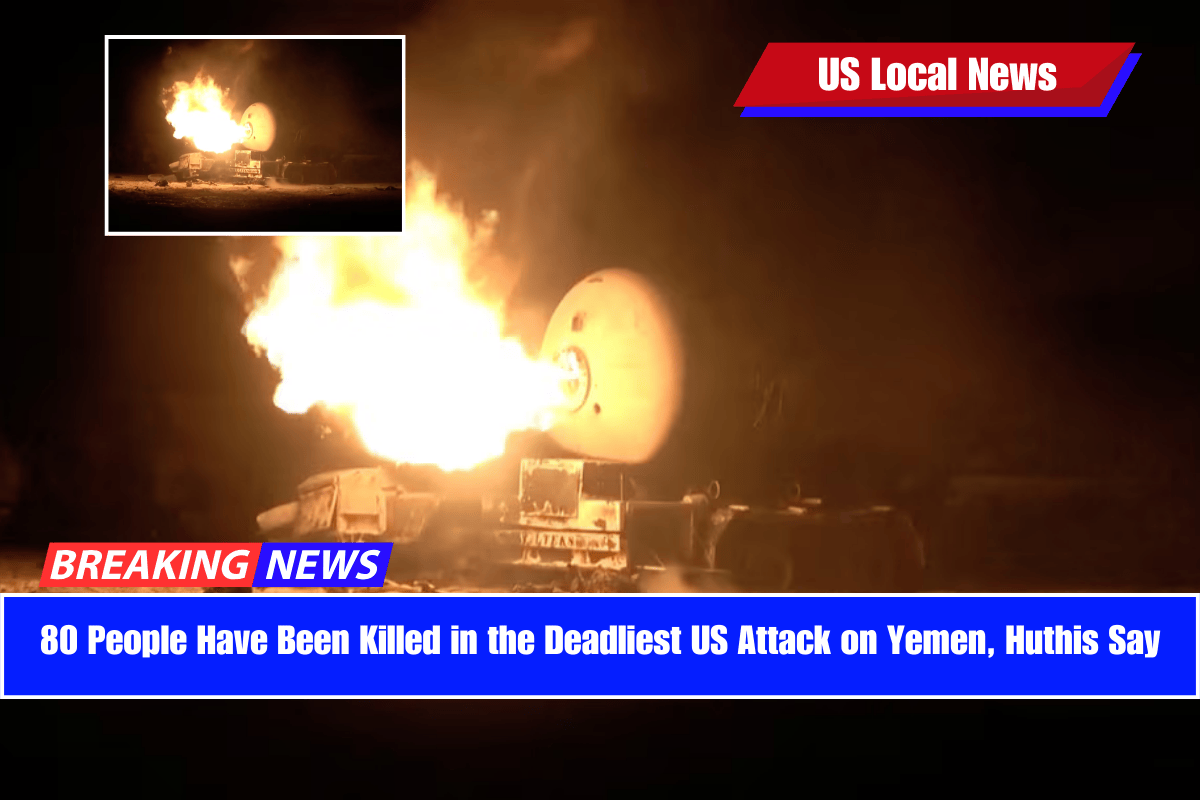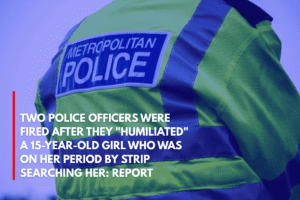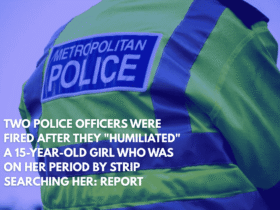Huthi rebels said Friday that US strikes on a Yemeni fuel port killed at least 80 people, making it the deadliest attack in Washington’s 15-month campaign against the Iran-backed group.
The US military said Thursday’s strikes on Ras Issa aimed to cut off supplies and funds to rebels who control large swathes of the Arabian Peninsula’s poorest country.
Images broadcast by a Huthi-run television channel showed large blazes lighting up the night sky, the latest in an intensified barrage of attacks under US President Donald Trump.
Huthi media later reported new strikes in and around the capital, Sanaa, on Friday night.
Anees Alasbahi, a spokesman for the Huthi health ministry, said rescuers were still looking for bodies at the Red Sea fuel terminal, implying that the death toll could rise.
The rebels’ Al-Masirah TV, citing local officials, reported that the strike had “risen to 80 dead and 150 wounded”.
The Huthis later announced missile attacks on Israel and two US aircraft carriers. Israel’s military announced on Friday that it had intercepted a missile launched from Yemen.
Protesters chanting “Death to America! Death to Israel!” gathered in rebel-held cities across the country, including a large demonstration in the capital Sanaa.
“The American military buildup and continued aggression against our country will only lead to more counterattack and attack operations, clashes, and confrontations,” Huthi military spokesman Yahya Saree told the audience in Sanaa.
The strikes on Thursday came as the US prepares to resume nuclear talks with Iran in Rome on Saturday, citing warnings that Tehran is getting closer to developing an atomic weapon.
“The military actions in Yemen are clearly sending a signal to Tehran,” Mohammed Albasha, a consultant based in the United States, told AFP.
For the past month, the US military has bombarded the Huthis with almost daily air strikes in an attempt to put an end to their attacks on shipping in the Red Sea and Gulf of Aden.
Earlier on Friday, when the Ras Issa toll stood at 74, Alabashi reported that the total number of deaths from renewed US strikes since March was 198.
Claiming solidarity with Palestinians, the rebels launched attacks on the key maritime route and Israeli territory after the Gaza war began in October 2023.
They halted their attacks during a recent two-month cease-fire.
The United States Central Command (CENTCOM) released the following statement: “US forces took action to eliminate this source of fuel for the Iran-backed Huthi terrorists and deprive them of illegal revenue that has funded Huthi efforts to terrorise the entire region for over 10 years.”
According to Al-Masirah TV, citing port authorities, the attack caused “significant damage” that “will affect navigation and the supply of oil”.
The US strikes began in January 2024, but have increased under Trump, beginning with an offensive that killed 53 people on March 15th.
Al-Masirah broadcast footage early Friday of a fireball igniting off the coast, with thick columns of smoke rising above what appeared to be an ongoing blaze.
The Huthi TV station later broadcast interviews with survivors lying on stretchers, including one man with burns on his arms.
“We ran away. “The strikes came one after the other, and then everything caught fire,” said one port worker to Al-Masirah.
In January, Israel launched airstrikes on Ras Issa and other locations in Yemen, describing the targets as military infrastructure. Similar Israeli strikes that included Ras Issa occurred in September.
Iran described the recent US strikes as “barbaric,” while Hamas Palestinian militants condemned them as “blatant aggression.”
Last month, the US bombing campaign intensified in response to Huthi threats to resume attacks on international shipping in protest of Israel’s aid blockade of Gaza.
“The message today is unmistakable: the US is targeting not only Huthi military assets and personnel, but also their economic infrastructure,” Albasha told reporters.
Huthi attacks on the Red Sea shipping route, which normally transports about 12% of global trade, have forced many companies to take expensive detours around the southern tip of Africa.
Separately, US State Department spokeswoman Tammy Bruce accused Chinese satellite firm Chang Guang Satellite Technology Company of “directly supporting” Huthi attacks on “US interests”.
Bruce did not provide specifics at first, but later mentioned “a Chinese company providing satellite imagery to the Huthis”.














Leave a Reply